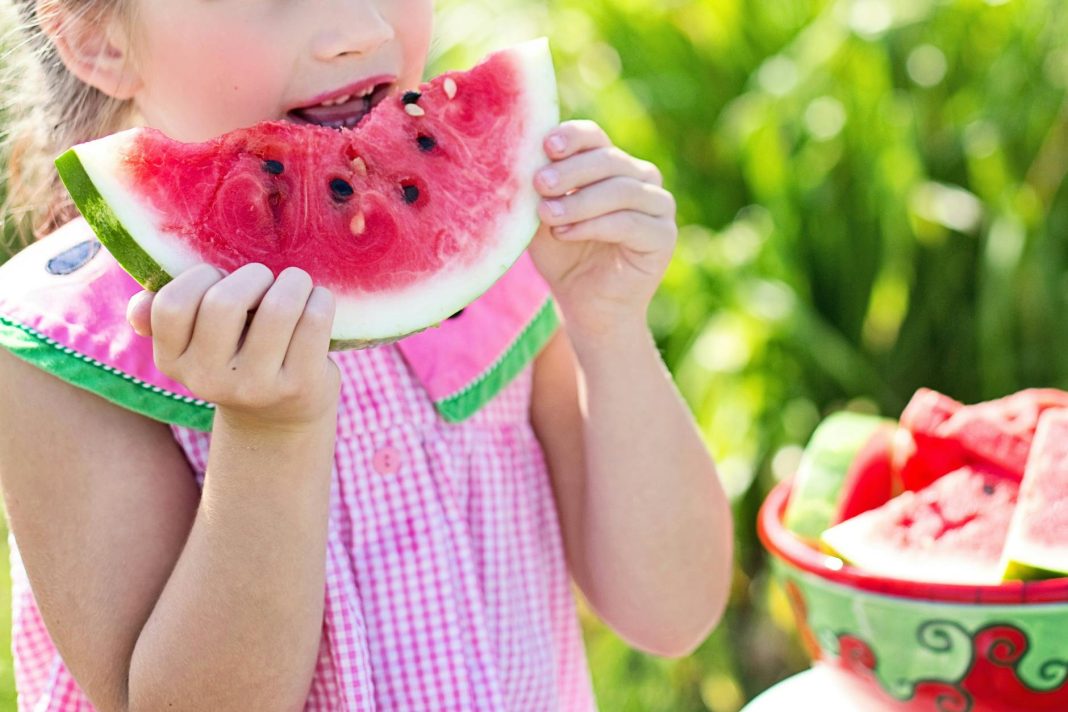So, you’ve got a little human (or humans!) running around, and the responsibility of keeping them healthy and happy falls squarely on your shoulders. It’s a big job, right? Don’t worry, we’re here to help navigate this sometimes bumpy road to a thriving childhood. This isn’t about becoming a medical expert overnight, but about empowering you with the knowledge and tools to make informed decisions about your child’s well-being.
The Physical Side of Things:
Let’s start with the basics: food, sleep, and movement. These three pillars are the foundation of a healthy child.
Fueling Little Bodies:
Forget the power struggles over broccoli! Focus on offering a variety of healthy foods. Think colorful fruits and veggies, lean proteins, whole grains, and healthy fats. Portion sizes should be age-appropriate. Don’t stress about perfection; a balanced diet over time is key. Limit sugary drinks and processed foods. And remember, it’s okay if they don’t clean their plate every time.
Sleep: The Unsung Hero:
Adequate sleep is crucial for growth and development. Establish a consistent bedtime routine, create a calming sleep environment (dark, quiet, cool), and ensure they get enough sleep for their age. Lack of sleep can lead to irritability, difficulty concentrating, and even weakened immunity. If you’re struggling with bedtime battles, consult your pediatrician for strategies.
Get Moving!:
Kids need movement! Encourage physical activity – running, jumping, playing outside, sports, or just dancing around the living room. Aim for at least 60 minutes of moderate-to-vigorous physical activity most days of the week. It’s not just about physical health; it improves their mood, helps them sleep better, and boosts their overall well-being. Navegando por el salvaje mundo de la salud infantil: Guía de supervivencia para padres
Common Childhood Illnesses:
Let’s face it, kids get sick. It’s part of growing up and developing immunity. However, knowing what to expect and when to seek professional help is essential.
The Usual Suspects:
Colds, the flu, ear infections, and stomach bugs are common. These usually resolve themselves within a week or two with rest, fluids, and over-the-counter medications (always follow dosage instructions carefully and consult your pediatrician before giving any medication). Focus on comfort measures like warm baths, plenty of fluids, and rest.
When to See a Doctor:
If your child is showing signs of severe illness, such as difficulty breathing, high fever (consult your pediatrician for the appropriate temperature threshold), persistent vomiting, or significant dehydration, seek medical attention immediately. Don’t hesitate to contact your pediatrician if you have any concerns.
Mental Wellness Matters:
Physical health isn’t the only thing that matters. Mental and emotional well-being are equally crucial.
Building Emotional Intelligence:
Help your child develop emotional literacy by naming feelings, acknowledging their emotions, and teaching healthy coping mechanisms. Reading books about emotions, engaging in open conversations about their feelings, and providing a safe space for them to express themselves are all important steps.
Spotting Potential Issues:
Pay attention to changes in your child’s behavior, such as increased anxiety, withdrawal from social activities, changes in eating or sleeping patterns, or persistent sadness. If you’re concerned, don’t hesitate to seek professional help. Early intervention is key.
Cultivating Wellness Habits:
From a young age, instill healthy habits that will set your child up for a lifetime of wellness.
Handwashing: The Superhero of Hygiene:
Teach them the importance of thorough handwashing, especially before meals and after using the restroom. Make it fun with songs or a timer!
Healthy Screen Time Habits:
Limit screen time and encourage other activities. Balance screen time with outdoor play, reading, and other engaging activities.
Regular Checkups:
Schedule regular visits with your pediatrician for checkups, vaccinations, and to address any health concerns.
Fomento de la resiliencia:
Help your child develop resilience by teaching them problem-solving skills, encouraging them to try new things, and supporting them through challenges. Resilience is a vital life skill that helps them navigate difficulties and bounce back from setbacks.
Raising healthy and happy children is a journey, not a destination. Be patient, celebrate the small victories, and don’t be afraid to ask for help when you need it. You’ve got this!

